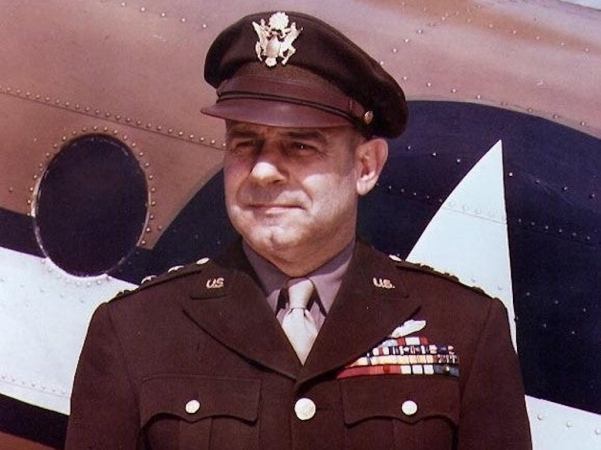Mad Men, a fantastic period drama that ran from 2007 until 2015, followed the life of Don Draper, a 1960s advertising executive in Manhattan. The show was praised for being well-crafted and rightfully earned 16 Emmy awards and five Golden Globes. It was the first basic cable show to win an Emmy Award for Outstanding Drama.
Toward the end of the first season, we see a flashback to the lead character’s time in the Korean War. Out of the laundry list of terrible, despicable things the protagonist does throughout the show — including lying, cheating, and fighting anyone on his way to the top — the only thing he expresses true remorse for is deserting the war by assuming the identity of a fallen lieutenant, Lt. Don Draper.
Let’s take a look at how this would play out in real life — and determine if this is some gigantic plot hole.

(Lionsgate Television)
Before his service in the Korean War came to a close, Jon Hamm’s character went by the name of Dick Whitman, an adopted drifter with little family and even fewer prospects. When he arrives in Korea, he’s sent to build a field hospital, accompanied by only the real Lt. Don Draper.
The two men are attacked and an explosion kills Lt. Draper and seriously wounds Whitman. So, Whitman does what any coward trying to get out of there would do and swaps his dog tags with his dead officer’s before medical assistance shows up, effectively killing his former identity and assuming another. The man now known as Don Draper awakes in the hospital to an apathetic officer giving him a Purple Heart and orders to return stateside as soon as possible.
When the casket of the real Don Draper, now under the guise of Dick Whitman, is sent to the protagonist’s adoptive family, no one but his younger half-brother cares. As the casket is delivered, the protagonist is spotted by his younger brother, but his parents quickly dismiss his shouting, treating it as if he’d seen a ghost.
Draper quickly abandons both his previous life and his new one and finds work in advertising, setting up the show.

(Lionsgate Television)
Now, this event isn’t entirely implausible, but it required a perfect storm of outrageously “lucky” events.
First, despite being an engineer in the 7th Infantry Division, the protagonist was left with only a single person in his immediate chain of command. He arrives in South Korea, meets a single apathetic NCO who tells him to go to the tent, and he’s never seen again. There was, effectively, only one person who knew of his real identity in Korea — and he’s killed off.
Draper and Whitman are both sent back stateside in a hurry. Despite the death of an officer and Whitman’s serious injuries, the real Draper’s chain of command never checked up on one of their lieutenants as he’s sent back. This seems unlikely, but hey, there’s a war going on.
The body of Lt. Draper could have been identified with dental records, which have been recorded as far back as 1882, but the show goes out of its way to make everyone seem as apathetic as possible to make the situation more plausible. The body was never examined and everyone took Whitman’s claims at face value. All they needed to see were some dog tags before shipping him back.

(Lionsgate Television)
Now, let’s pretend a single thing went awry and he gets caught, either in the act or later on in the series. It’s a textbook example of desertion — case closed. The consequences would have likely netted him jail time. Execution is out of the question — it’s only happened once since the Civil War and Draper returned to the United States instead of defecting to North Korea. Plus, by the time the show kicks off, he’d likely have a good lawyer that’d push for misconduct on the part of the medical center for simply assuming he was Lt. Draper since he never outright says it during his time in the Army. The “impersonating an officer” charge could also be fought since he likely received heavy brain trauma after the blast and everyone started calling him Lt. Draper.
Without a doubt, such a revelation would destroy his career. Everything he gets in the show is based off the mutual respect from his boss, Roger Sterling, a retired Naval officer of World War II. Sure, he actually earned the Purple Heart and did serve in Korea, but Sterling would fire him for breaking the honor among veterans. At one point, Sterling even goes on a rant about how he left his cushy career before advertising because one of coworkers was also in the Army but was a coward — he values integrity.
In the first season, Pete Campbell, a junior executive, finds out everything about his past but takes it to the other head of the company who dismisses the accusation – despite him having all of the proof.

























